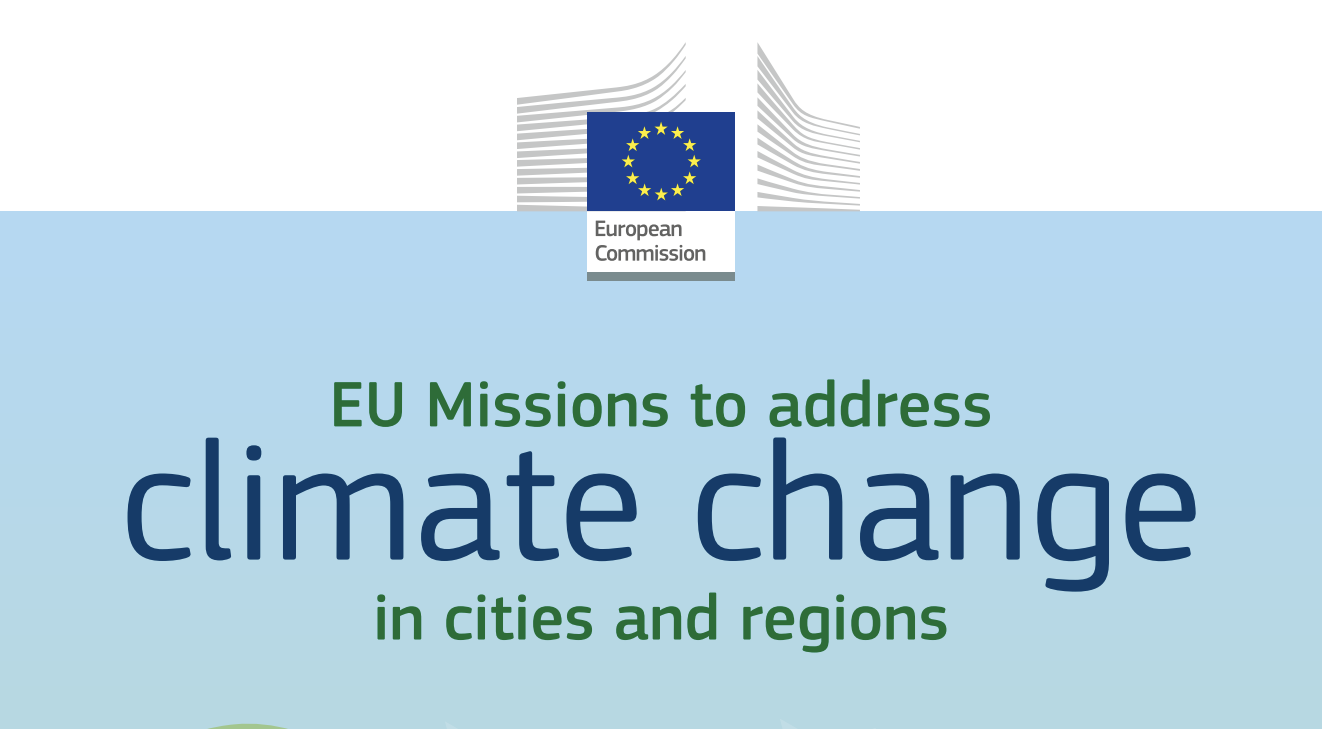“Our goal is to help these stakeholders build resilience against the impacts of climate change.”
Vilija Balionyte-Merle, RESIST project coordinator
Each city faces its own unique climate risks. By pairing regions across Europe, the EU-funded RESIST project aims to share practices and solutions for building resilience against climate change impacts.
From flooding in Spain to wildfires in Greece and scorching heatwaves across much of Europe, the impacts of climate change are here. “Compared to a decade ago, these events are becoming more severe and frequent, while geopolitical and economic crises have left governments with far fewer resources to cope with the situation,” says Vilija Balionyte-Merle, a researcher at the independent Norwegian research institute SINTEF.
According to Balionyte-Merle, different European regions and cities have different climate risks and levels of preparedness – meaning there is no one-size-fits-all solution to the challenge. This is why the RESIST project, funded under the EU Adaptation Mission, is focused on providing climate change solutions geared towards
specific regions, cities and local authorities.
“Our goal is to help these stakeholders build resilience against the impacts of climate change,” adds Balionyte-Merle, who acts as project coordinator for RESIST. The project is engaging with 12 European regions, each with its own unique socio-economic profile, that are facing climate-related challenges such as floods, droughts, heatwaves, wildfires and soil erosion.
Multistranded approach
The project follows the ‘quintuple helix’ innovation model, which emphasises the role of interactions between academia, business, government, citizens and the environment. “This ensures we will deliver scalable solutions that are based on real challenges and needs,” explains Catarina Azevedo, operational project manager at Portuguese R&D consultancy INOVA, one of the project’s key partners.
The project is confident that this approach will result in over 100 new and innovative climate adaptation solutions being developed during the project. The innovations, which will be developed with the support of the project’s research and industry partners, will be tested in four leading EU regions: southwest Finland, central Denmark, Catalonia and central Portugal.
The knowledge and adaptation pathways tested in these leading regions will then be transferred to eight twinned regions through mutual-learning activities and immersive digital twins.
“Adapting to climate change means taking action to prepare for and adjust to both its ongoing effects and the predicted impacts of the future,” concludes Balionyte-Merle. “The RESIST project will ensure that some of Europe’s most vulnerable regions are equipped to do exactly that.”
The article was first published in “EU missions to address climate change in cities and regions“.












